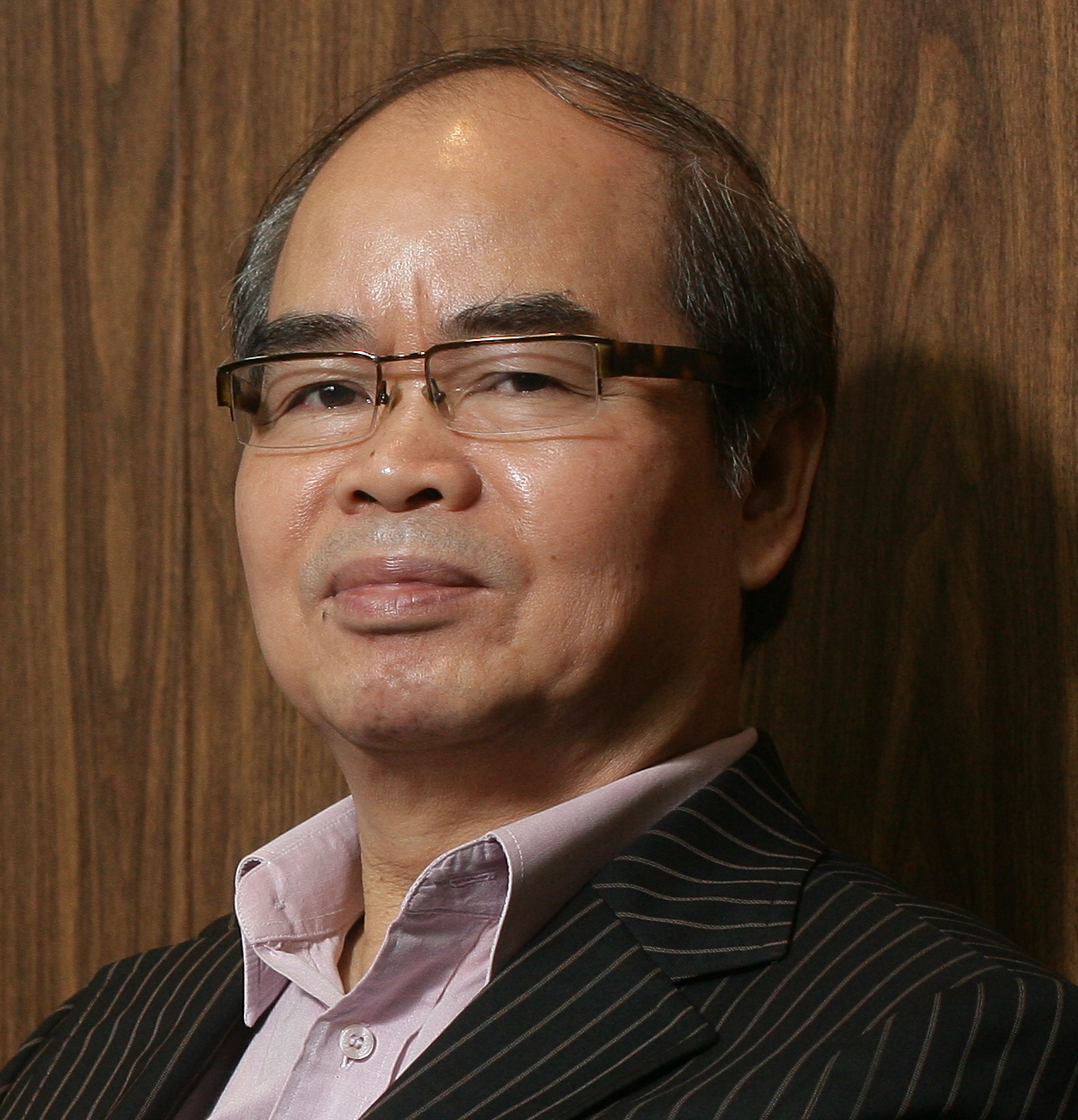Post - Blog
Taiwan and the UK can cooperate on green energy solutions
- 8 years ago (2017-05-01)
- Junior Isles

By Jeremy Horng, Managing Director of Taiwan Trade Centre

Energy Trading Leaders Summit 2026
The All Energy 2017 event in Glasgow will see a Taiwan delegation of energy specialists making presentations outside of Taiwan for the first time. The delegation will outline the current status of Taiwan’s renewable energy technology research and development and industrial applications, thereby promoting exchange and cooperation between Taiwan and Europe.
The catalyst behind the initiative stems from the Taiwan National Energy Programme (NEP)-II programme. In light of the increasing effect of global warming, legislation and regulation to reduce carbon emissions and increasing energy and material demands in Asia, Phase I of the NEP (NEP-I) was established to stimulate the nation’s energy programmes covering the areas of energy efficiency, energy usage and energy sustainability, renewable energy development and utilisation, and formulation and evaluation of energy technology development strategies.
NEP-II was put in place to undertake the integration of NEP-I with other projects, it also focuses on the development of energy policy guidelines, planning and implementation of programmes for smart grids, action plans for energy savings and greenhouse gas reduction, a low-carbon environment and the development of a renewable energy industry and accompanying measures.
Taiwan’s energy policies identify four major objectives: energy security, environmental sustainability, green economy, and social justice. As part of the efforts to protect the environment and transition to a nuclear-free homeland, the government plans to raise the percentage of power generated from renewable sources to 20 per cent by 2025. The expected benefits that will result from the implementation of the above goals will help promote energy independence, achieve green energy technology development, move the industry forward and create more green job opportunities.
The renewables sector in Taiwan is extremely important. Taiwan’s economy depends heavily on energy imports and the new government has set a goal to cease using nuclear power by 2025. To this end the development of renewable energy in Taiwan has become more important than ever before.
We have the resources and the opportunities for renewable energy development, a good example is the offshore wind farms in the Taiwan Strait, which is one of the best in Asia. Also, owing to a sub-tropical climate and sufficient sunshine, PV and solar thermal development is another feasible option. We are also keen on developing our abundant marine energy resources. Through such efforts, we can improve energy efficiency, reduce dependence on energy imports and improve our international competitiveness in alternative energy industries.
Taiwan has made some headway through the introduction of renewable energy technologies with solar energy, offshore wind power, marine energy and smart grid, as well as for energy storage and conservation.
Battery technology is rapidly advancing and is attracting attention worldwide. One of the most important technologies is the ultra-fast rechargeable aluminium-ion battery (URABat) that is made using aluminium anodes and graphite cathodes.
The URABat, designed by the ITRI has many interesting properties. The use of naturally abundant minerals, such as aluminium, which forms about 8.2 per cent of the Earth’s crust, consequently lowers manufacturing costs. It can be thoroughly charged and discharged over 10 000 times with little performance decay, far greater than the life of a lead-acid battery, which has 300 cycles, or a lithium battery, which has 1000 cycles.
With the high conductivity of ionic liquid electrolytes, the battery can also be charged at a much faster rate at a current density of 10 000 mA/g compared to lead acid or lithium batteries. Furthermore, the ionic liquid is relatively inert in the battery system, unlike the organic solvents in lithium batteries. Even when pierced or smashed, it will not catch fire or explode. And for the first time, the quick charging aluminium battery is ready for commercial production. A battery module of 2V/1Ah has been developed and the 48V battery management and rapid charger system has been designed and implemented.
With an overall system efficiency of over 90 per cent, the distributed energy storage system is an important advanced technology for the integration of future renewable energy resources and smart grids.
With the steadily growing market for intermittent renewable energy and electric vehicles, such a breakthrough battery technology is a promising solution for future electric grids.
The UK is a pioneer in offshore wind power while the Taiwan Strait provides one of the best offshore wind sites in Asia, so there are good opportunities for international cooperation on wind power development.
Taiwan and the UK complement each other in many ways. On bilateral trade, the UK is Taiwan’s third largest trading partner in Europe behind Germany and the Netherlands. The nation possesses a solid R&D foundation in areas such as renewable energy, nuclear power plant management and decommissioning, etc.
Further, Taiwan is the UK’s eighth largest trading partner in the Asia-Pacific region, and has excellent commercial manufacturing capacity.
In the past the UK and the EU have closely cooperated in energy, but now that Britain is leaving the EU, the prospects of energy cooperation between the UK and the EU are not clear. Taiwan’s view is that it will keep abreast of the UK energy industry trends and provide timely green energy solutions and services to UK businesses. And whether there will be financing difficulties with large-scale energy investment cases or small, diversified energy cases will be secondary.
As for past power grid cooperation between the UK and the EU, the UK has net power imports with the EU equivalent to 8 per cent of the British electricity supply. However, it faces a potential power supply gap amid growing demand for electricity due to continuous economic growth, which will be a challenge for the nation.
In the same way, the industrial development in Taiwan is also being threatened by power shortages from time to time. Hence, our two countries can work together to find solutions, especially in such areas as smart grid and energy storage and conservation.
The visit has been organised by the Taiwan Trade Centre, London, which is one of the 60 overseas branch offices of Taiwan External Trade Development Council. The focus of the visit will be a series of presentations, which will be made at the All-Energy show in Glasgow, Scotland at the Scottish Event Campus, May 10th, 14:00.
